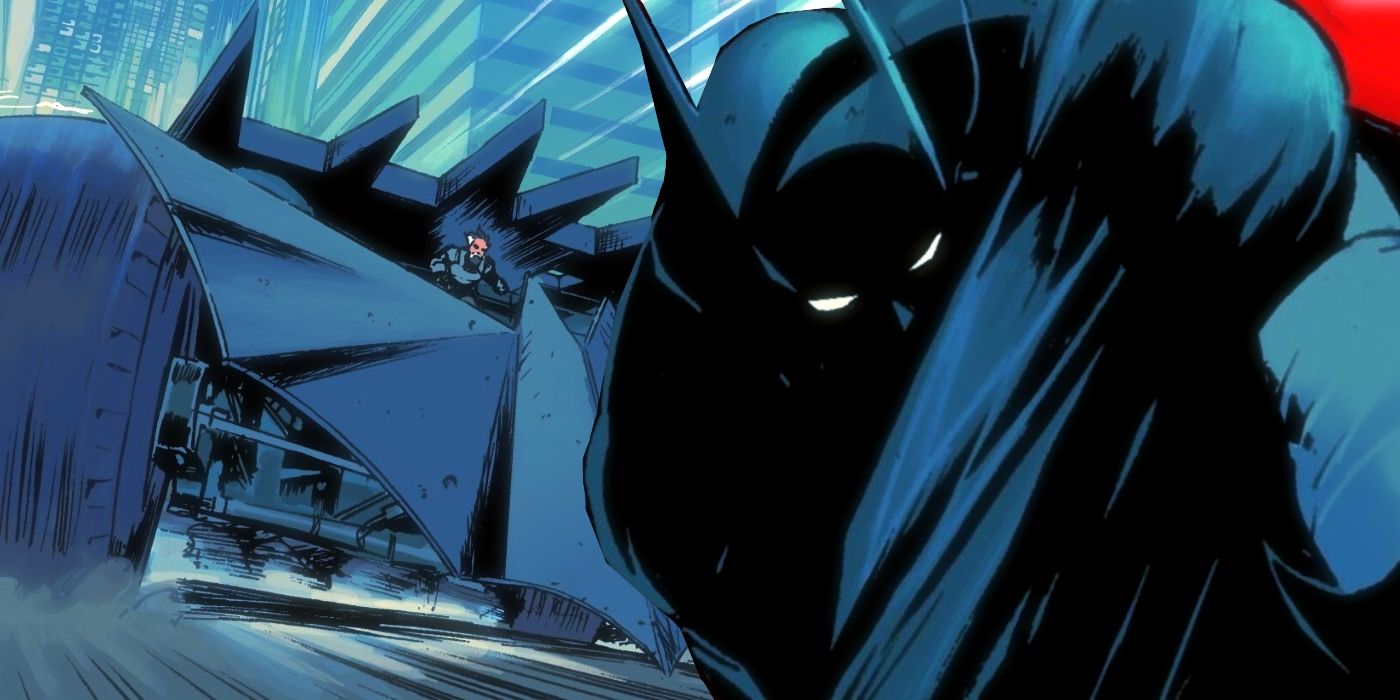Arguably one of the most insufferable protagonists in literature is the title figure in Johann Wolfgang Goethe’s “The Sorrows of Young Werther” — a martyr to unrequited love who ultimately commits suicide. The author soon distanced himself from this early work, despite the fame it brought him. No doubt that was largely because the fuel it provided for the subsequent Romantic movement (which he disdained) proved so flammable; there arose real-life cases of copycat self-annihilation amongst readers who fancied themselves as theatrically bereft as his hero.
Few beyond academics now are likely to recall the huge cultural impact the book had a quarter-millennium ago. Still, you needn’t be savvy to that historical footnote to enjoy the new “Young Werther” — though it does help. “Based on the smash hit 1774 novel of tragic romance,” as opening onscreen text announces, Jose Avelino Gilles Corbett Lourenco’s debut feature is a confident, clever update. Its own jeune homme figure again suffers the torments of an impossible love. But here he finally learns what his predecessor couldn’t: That the world does not end when you don’t get what you want, and insisting it should is the height of selfishness. Lionsgate has released this sprightly Canadian comedy to U.S. theaters, digital and VOD platforms.
Introduced wounded under a linden tree like his literary model, moaning “I’m probably dying…all because of stupid love,” our 21st-century Werther (Douglas Booth) recalls the events that got him here. Scion of a wealthy clan in Montreal’s upscale Westmount suburb, he had come to Toronto with hypochrondriac bestie Paul (Jaouhar Ben Ayed) on what was anticipated as a short errand, retrieving a family heirloom. Soon afterward, he’d planned going “off to Europe for expat adventures, [gathering] materials for my memoir,” he tells an uncle played by The Kids in the Hall’s Scott Thompson. Yes, young Werther is an aspiring author, and fully egotistical enough to assume he’ll provide his own best subject matter.
But that feckless self-absorption is rerouted, if not extinguished, by a chance sighting of local resident Charlotte (Alison Pill). Nothing if not hubristic, Werther pushes into her conversation with younger sibling Sissy (Iris Apatow) and friend Melanie (Amrit Kaur), and exerts sufficient charm that he’s invited to her birthday party that evening — albeit by the already-crush-struck sister. Charlotte herself, a somewhat grumpy customer who’s spent most of her life raising six juniors after their shared parents’ deaths, doesn’t really want this fete at all, let alone some cocky stranger’s company. But smug as he can be about it, Werther is handsome, funny and persuasive, such that even she ends up having a rare good time at the party he almost singlehandedly spark into raucous life.
By night’s end the attraction is mutual… but Charlotte confesses she’s already engaged. Werther decides not to be disheartened by that, or even by the realization that her lawyer fiance Albert (Patrick J. Adams) is a formidable rival who’s well-off, attractive, professionally accomplished, good-natured and morally upstanding. So W. appoints himself their mutual new BFF, insinuating himself as a harmless pal even as he gets his real target to grasp that her workaholic beau is a lot less fun than New Guy.
Of course the lure as well as the limitation is that Werther is a puppyish manchild, enamored with his own bag of tricks. Albert is an adult — which may not be so entertaining on a night out, but seems the more logical choice for a sensible person like Charlotte. Lourenco’s script strays farther from Goethe as it goes along, orchestrating a crisis in which semi-repentant Werther tries to do Albert a “favor” that is catastrophically wrong-headed. This triggers further events leading to that linden tree, and to the protagonist realizing the errors of his ways. Which by then have gotten their hot-air balloon deflated by a litany of hostile notices: He’s been called a “narcissistic Lothario,” a stalker, “pretentious and juvenile,” etc., all to his sulking pretty face.
Low on raunch for an R-rated comedy, “Young Werther” instead relies on wit and style that — rather like the character’s self-regard — sometimes aren’t as dazzling as each thinks it is. In a mode somewhat reminiscent of Diablo Cody’s early films, this screenplay’s snappy patter can cross a line from sharp to merely show-offy. And there are a couple too many cute montages providing narrative shortcuts, selling the idea that W. is joie de vivre personified (frankly, he seems a little exhausting), or that the two leads are meant for one another (in truth they seem ill-matched, a frolicking poodle and dutiful plowhorse).
But it’s also tightly engineered and executed, the brisk pace as well as astute packaging pulling off most desired effects despite a general absence of major laughs. There is colorful high polish without distracting ostentation to the design contributions, from Nick Haight’s widescreen cinematography and Ciana Vernon’s production design to Owen Pallett’s sometimes-ironical original score. Those elements help create a world in which a flippant modern mindset and traces of an anachronistic 18th-century one can cohabit comfortably.
But the biggest single factor in making “Young Werther” an antic, pleasing gambit overall is English actor Booth. He channels a bit of the early Val Kilmer from “Top Secret!” and “Real Genius” in conjuring a hero who’s so nimble and amusing in his peacocking, we forgive him being his own biggest admirer.









 English (US) ·
English (US) ·